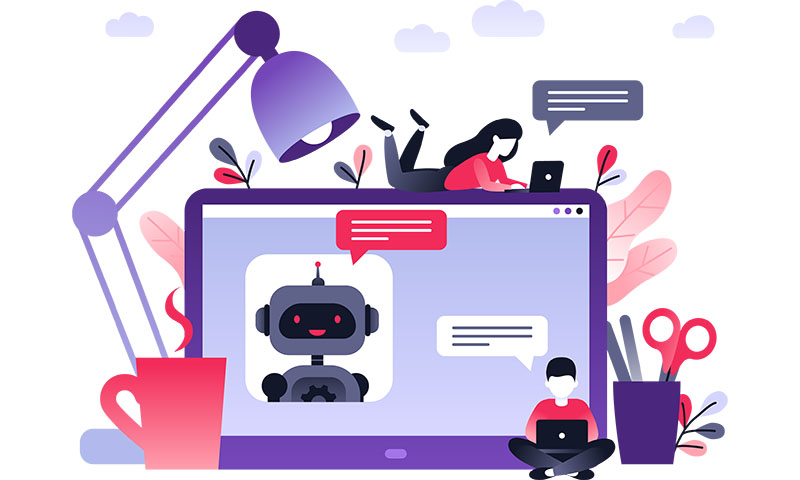Even though there is a long way to go before artificial intelligence for business reaches the stage where androids could realistically impersonate humans, AI is now advanced enough to be a very useful business tool. In fact, it’s being deployed in all kinds of places, to the extent that many people interact with it every day, even if they don’t actually realise it. Like all tools, however, it needs to be used in an appropriate way, so here are five points all small businesses should consider before investing their money in it.
1. Be realistic about your existing infrastructure to support Artificial Intelligence
Before you even start looking at what AI can do for your business, you need to take a long, hard, look at your existing infrastructure to see whether or not it will be able to support the use of (additional) AI tools. If it is not, then you will need to factor any required changes into your calculations when looking at upfront costs and the potential return on investment.
2. Be clear about your priorities for AI
Once you start analysing how you could use AI to enhance your organisation, you’ll probably find that there are a number of options, even for those on smaller budgets. Your first task, therefore, will be to undertake an initial triage of your options, through a cost/benefit analysis. You’ll then be in a position to prioritise your spending where it will have the most impact and create a realistic implementation schedule. Because, much as some of the things you could implement would be fun to play with or novel for your customers, they may not be practical or worth the investment.
3. Be proactive in communicating the impact of Artificial Intelligence for the business and employees
The introduction of any new technology can make employees nervous and you want to avoid people feeling insecure about their employment. Be aware that people can get very cynical about generic reassurances that “nobody’s job is under threat”, so provide your staff with clear explanations of how, exactly, you intend to deploy the technology and in what specific way it will be a benefit to them (rather than a threat).
4. Be precise about the business data you hold
At the moment, AI is generally used for analysing data in one way or another. Even customer-service applications such as chatbots could, ultimately, be considered to be data analysis tools since they parse customer messages for keywords and then try to choose the most appropriate response based on those keywords.
This means you need to understand the data within your organisation. In point of fact, you need to know everything you should know already for GDPR, so if you are behind with GDPR compliance, implementing AI tools should be an additional incentive to speed up your compliance programme.
5. Be honest about your current ability to handle data
This goes back to the previous point. AI will process raw data quickly and effectively but the quality of the results you get will only ever be as good as the quality of the raw data you put in. Therefore, if you’re currently struggling to produce good, clean, data to begin with, you need to address this before you start thinking about setting AI tools to work on it.
This means for example that, if your FAQs documentation is poor, then anything you can programme into a chatbot on Facebook or your website will also be poor, however flashy or clever the software is.

